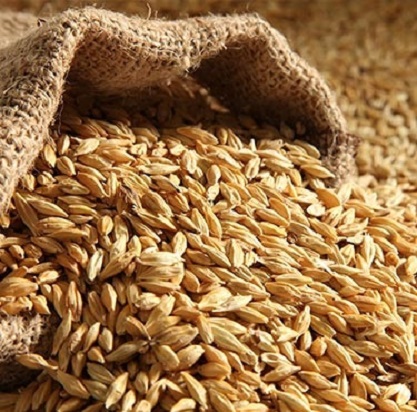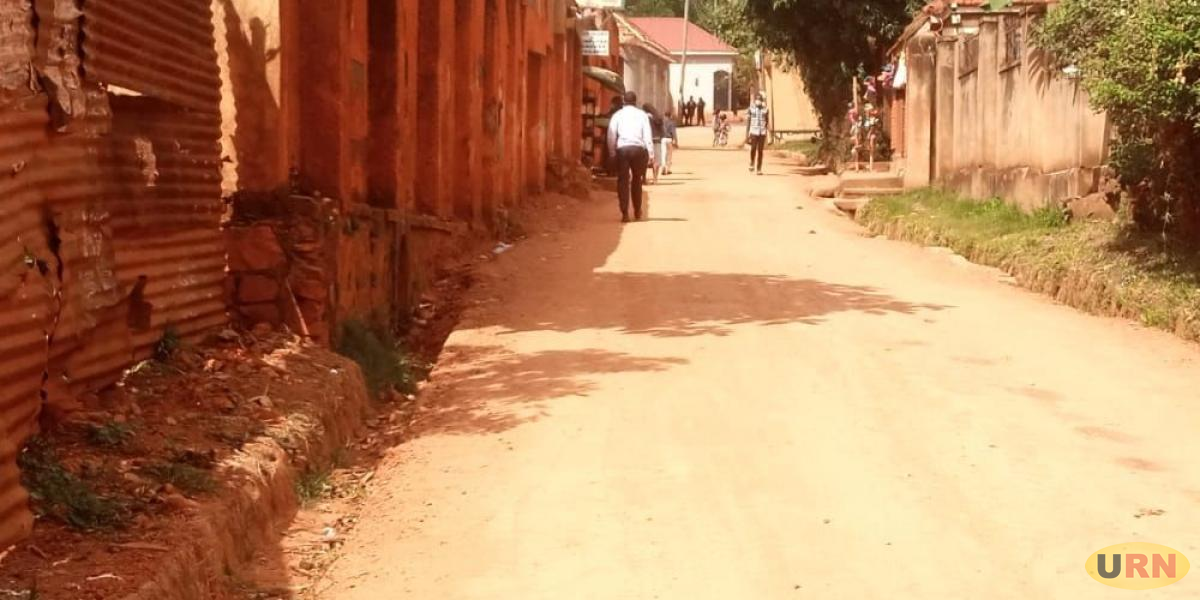The Minister of State for Agriculture, Fred Kyakulaga, has advised farmers to seize the opportunity in the brewery market and increase production for Barley, Sorghum, and corn
Kyakulaga was speaking on Thursday at the second Farmers’ Symposium, organized by Uganda Breweries Limited (UBL).
He said that it is time for farmers, including those with small land to make the most of the opportunity offered by UBL. He underlined the critical role played by companies like UBL and others that add value to agricultural products, helping the government tackle the persistent challenge of market access that has affected farmers in the country.
At the event, UBL revealed plans to expand the number of farmers supplying it with raw materials under the “Farm for Success” program, from 35,000 to 50,000.
Under this new program, UBL is aiming to source up to 100% of its raw materials from Ugandan farmers by 2030. This will significantly boost the demand for various agricultural products. The demand for Barley is also expected to increase from 8,000 to 13,000 tonnes, sorghum from 15,000 to 25,000 tonnes, and maize from 18,000 to 20,000 tonnes.
Since the government introduced excise concessions for beer made from locally sourced raw materials, UBL’s payments to farmers supplying raw materials have been gradually increasing from 14 billion shillings in 2011, to the current 52 billion shillings as recorded last year.
The Farm for Success program is expected to further increase these payments to over 80 billion shillings in the next five years.
Andrew Kilonzo, the Managing Director of UBL, revealed that the Farm for Success program will bring on board more women and persons with disabilities (PWDs), with the goal of having up to 60% of suppliers from these two categories.
Francis Nyeko, a barley farmer from Agoro in northern Uganda who has supplied UBL since 2011, expressed gratitude for the UBL support. He said that UBL has not only provided a steady and sustainable market but has also offered fixed prices for their produce, bringing stability and prosperity to these farmers.
“This program is a game changer for our livelihoods back in the village since now we are assured of the market to our produces, which market has a fixed price. The increment in the demand, is a challenge to us to do more at the farm.”
Nyeko acknowledged the government’s role in supporting them through extension services and research from the National Agricultural Research Organization (NARO). He also raised awareness of challenges faced by farmers, such as high-interest rates on loans and the adverse impacts of climate change on their seasonal farming activities.
-URN





